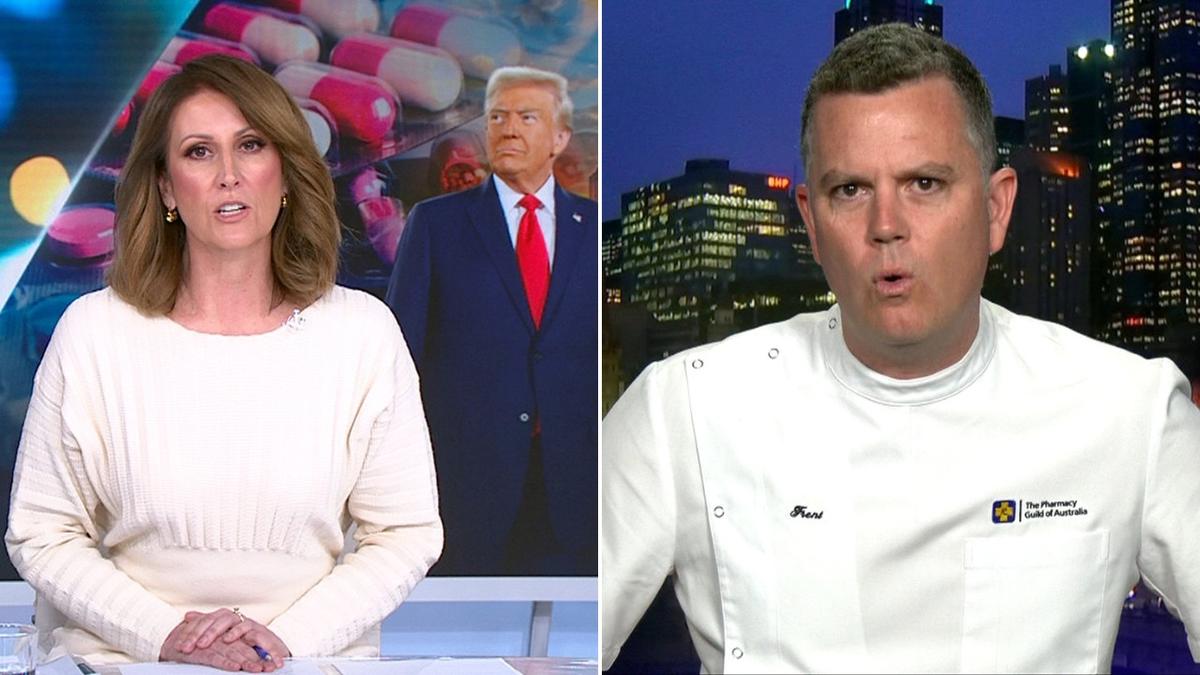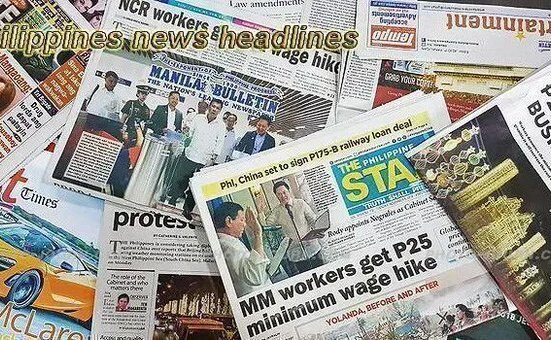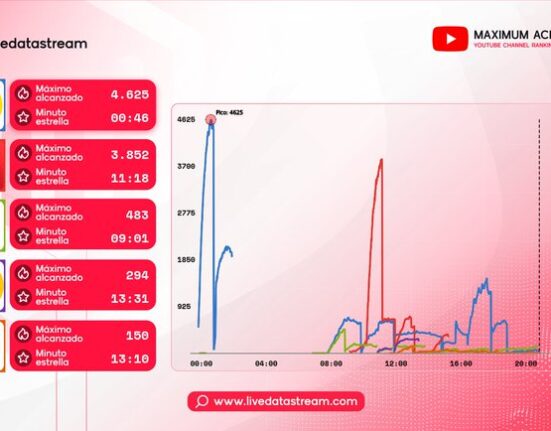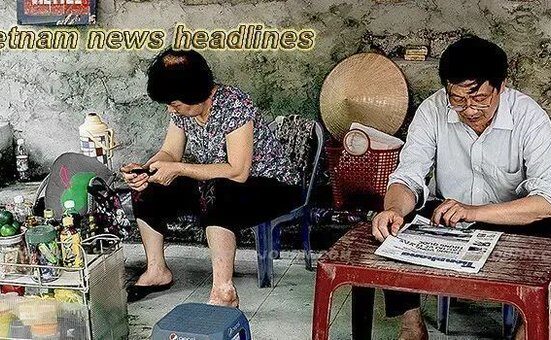The looming threat of a 200 per cent tariff on pharmaceutical imports by US President Donald Trump has sent shockwaves through the Australian pharmaceutical industry. The Pharmacy Guild of Australia’s president, Trent Twomey, sounded the alarm, expressing concerns about the potential impact on domestic pharmaceutical production. With Trump’s plan to impose these tariffs to incentivize manufacturing within the US, the Australian market, heavily reliant on exports to America, faces a significant risk.
Pharmaceutical products rank as the third-largest category in trade between Australia and the US, following beef and gold. In 2020, Australia exported around $2.2 billion worth of pharmaceutical goods to the US, making it a crucial market for the industry. Twomey emphasized the vulnerability of domestic manufacturing in Australia, citing the necessity for export markets to sustain operations in the face of high energy costs and wages.
The implications extend beyond mere economic concerns, touching on national sovereignty and security. Twomey highlighted the critical role of exports, particularly to the US, in ensuring the viability of pharmaceutical manufacturing in Australia. He warned that disruptions in the global supply chain, exacerbated by tariffs, could leave the country vulnerable during times of crisis, such as a pandemic.
In a revealing exchange with Sunrise’s Nat Barr, Twomey shed light on the underlying reasons for the proposed tariffs. He pointed to US drug companies’ discontent with Australia’s Pharmaceutical Benefits Scheme (PBS) as a key driver behind Trump’s aggressive trade stance. Contrary to popular belief, Twomey clarified that the issue was not about local pharmacy prices but rather about the potential cost implications for the Australian government in procuring medications for the PBS.
Twomey’s insights underscored the intricate dynamics at play, with US drug companies seeking to maintain their profit margins despite regulatory pressures. The anticipated repercussions of the tariffs on Australian drug manufacturers, like CSL in Melbourne, could be severe, potentially rendering their operations unsustainable if reliant solely on the domestic market.
The narrative woven by Twomey painted a picture of interconnectedness, where global trade policies could have cascading effects on local industries and public health. The COVID-19 pandemic served as a stark reminder of the critical role played by domestic pharmaceutical manufacturing in ensuring national resilience and security.
As the specter of tariffs looms large over the Australian pharmaceutical industry, the need for strategic planning and diplomatic engagement becomes paramount. The delicate balance between economic interests, public health imperatives, and international relations underscores the complexity of the situation. The outcome of this trade dispute could have far-reaching consequences, not just for the pharmaceutical sector but for Australia’s broader economic landscape.
In conclusion, the potential collapse of the Australian pharmaceutical industry under the weight of US tariffs represents a multifaceted challenge that demands careful navigation. The interplay between trade policies, healthcare systems, and national security underscores the intricate web of dependencies that define modern global economies. As stakeholders grapple with these complex issues, the future of the pharmaceutical industry in Australia hangs in the balance, awaiting resolution amidst a backdrop of uncertainty and geopolitical tensions.









Leave feedback about this